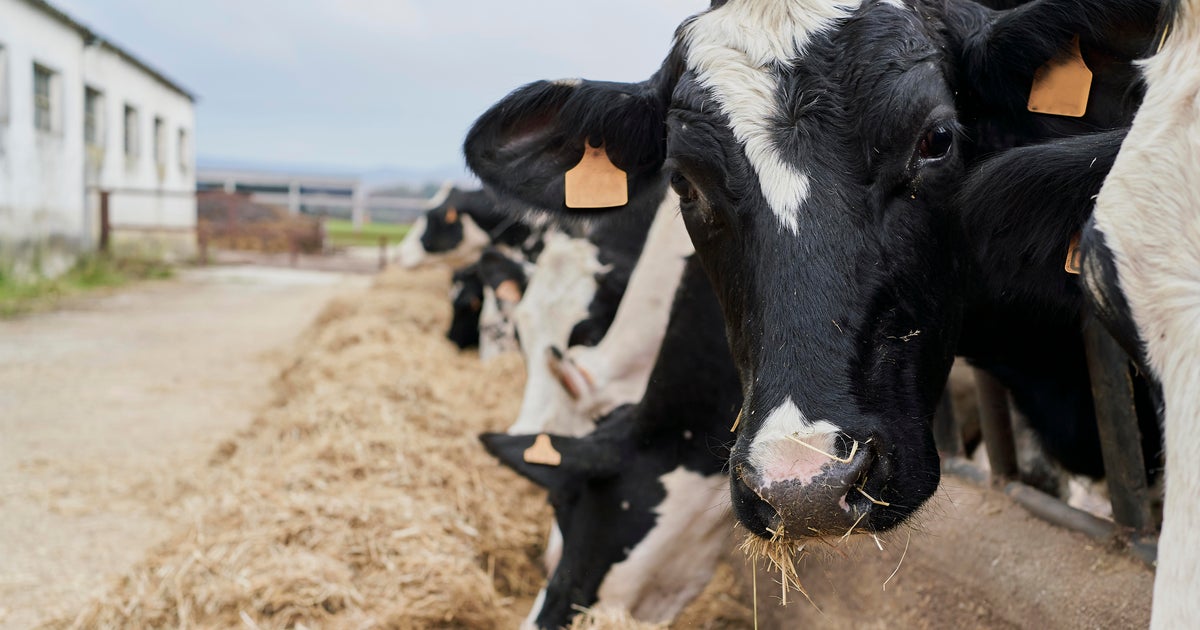NanoBio To Present Data On Herpes, RSV Vaccines
ANN ARBOR (WWJ) -- NanoBio Corp. announced the company will present new data at the 53rd Interscience Conference on Antimicrobial Agents and Chemotherapy meeting showing the safety and effectiveness of a vaccine for the prevention of respiratory syncytial virus, enhanced by the company's nanoemulsion technology.
RSV plagues nearly all children by the age of three and can be life-threatening for premature babies, children with other health conditions, and the elderly. Currently, a vaccine for the prevention of RSV is not commercially available.
NanoBio will also present data at the conference demonstrating the benefits of its nanoemulsion enhancement in the development of an effective vaccine for herpes simplex virus-2, a leading cause of genital herpes, a sexually transmitted disease affecting more than 45 million people in the United States.
NanoBio's NanoStat technology serves as the foundation for the RSV and HSV-2 vaccines recently evaluated in the company's pre-clinical studies. The NanoStat platform uses a new oil-in-water nanoemulsion that is inherently antimicrobial and that can effectively adjuvant a broad spectrum of vaccine antigens. As such, the nanoemulsion enhancement -- in biological terns, called an adjuvant -- can inactivate, split and adjuvant whole viruses to enable vaccines that elicit robust neutralizing immunity and broad protection. In the case of RSV and HSV-2, the company's NanoStat vaccines use the full repertoire of antigens in each virus to confer better protection against the disease.
"The pre-clinical results being presented at ICAAC demonstrate the significant potential for NE adjuvanted vaccines to safely and effectively prevent disease," said Ali Fattom, NanoBio senior vice president of vaccine research. "Since the NanoStat adjuvant is antimicrobial in and of itself, we can use it to inactivate a whole pathogen and thereby create a highly effective vaccine. "In this way, we can avoid using chemicals like formalin or beta-Propiolactone that can alter the antigens present in a pathogen. The NE adjuvant therefore allows us to present the complete set of epitopes from a virus to the immune system in their native state, in order to elicit robust immunity."
The company is currently testing its NanoStat adjuvant in vaccines for several respiratory and sexually transmitted diseases including anthrax, HIV, HSV-2, pandemic influenza, and RSV. The adjuvant has been shown to be safe and immunogenic in prior human clinical trials for seasonal influenza.
More at www.nanobio.com.







